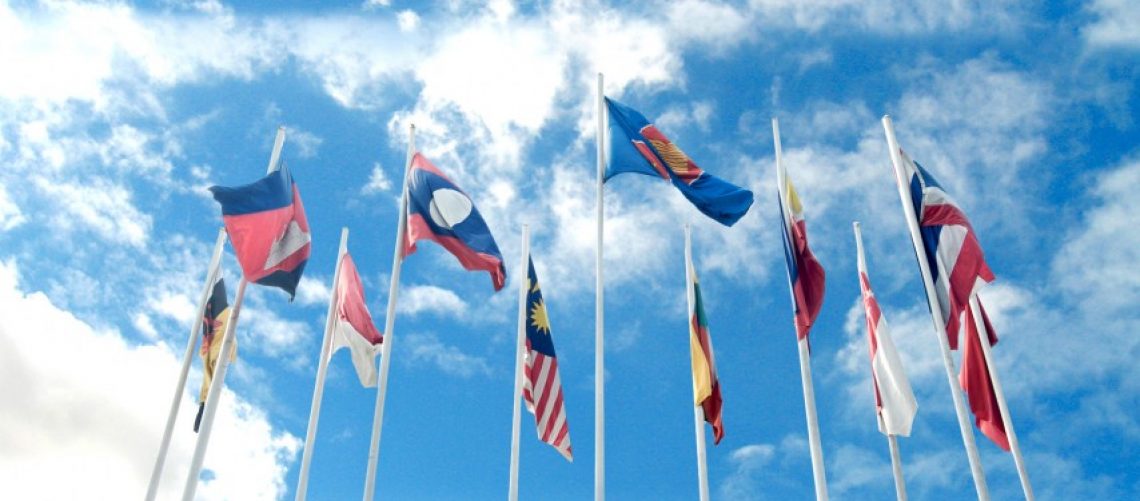- We, the ASEAN Ministers from Brunei Darussalam, the Kingdom of Cambodia, the Republic of Indonesia, the Lao People’s Democratic Republic, Malaysia, the Republic of the Union of Myanmar, the Republic of the Philippines, the Republic of Singapore, the Kingdom of Thailand and the Socialist Republic of Viet Nam, responsible for overseeing the prevention and combating of transnational crime in our respective countries,gathered here in Manila, Philippines on 20 September 2017 for the Eleventh ASEAN Ministerial Meeting on Transnational Crime (hereinafter referred to as the 11th AMMTC)to consolidate and further strengthen regional cooperation in combating transnational crime. The Meeting was preceded by a Preparatory ASEAN Senior Officials Meeting on Transnational Crime (SOMTC) for the 11th AMMTC on 18 September 2017. The 11th AMMTC was chaired by AMMTC Leader Philippines Catalino S. Cuy, Officer-in-Charge of the Department of the Interior and Local Government of the Republic of the Philippines.
- We took note of the outcomes of the 17th SOMTC and Its Related Meetings held on 22-27 May 2017 in Vientiane, Lao PDR and the 20th Directors-General of Immigration Departments and Heads of Consular Affairs Divisions of Ministries of Foreign Affairs Meeting (DGICM).
Download the full Statement here.
- ABOUT ASEANThe Association of Southeast Asian Nations, or ASEAN, was established on 8 August 1967 in Bangkok, Thailand, with the signing of the ASEAN Declaration (Bangkok Declaration) by the Founding Fathers of ASEAN: Indonesia, Malaysia, Philippines, Singapore and Thailand. Brunei Darussalam joined ASEAN on 7 January 1984, followed by Viet Nam on 28 July 1995, Lao PDR and Myanmar on 23 July 1997, and Cambodia on 30 April 1999, making up what is today the ten Member States of ASEAN.Menu
- WHAT WE DO
ASEAN organs always strive to achieve ASEAN’s goals and objectives, the Secretary-General of ASEAN and the ASEAN Secretariat shall be functioned as coordinating Secretariat to help facilitate effective decision-making withing and amongst ASEAN bodies. In addition, each Member State shall appoint a Permanent Representative to liaise with Secretary-General of ASEAN and the ASEAN Secretariat
Menu - WHO WE WORK WITH
ASEAN shall develop friendly relations and mutually beneficial dialogues, cooperation and partnerships with countries and sub-regional, regional and international organisations and institutions. This includes external partners, ASEAN entities, human rights bodies, non-ASEAN Member States Ambassadors to ASEAN, ASEAN committees in third countries and international organisations, as well as international / regional organisations.
Menu - OUR COMMUNITIES
The rodmap for an ASEAN Community (2009-2015) was declared by the leaders in 2009. The ASEAN Community, anchored on three community pillars: Political-Security Community, Economic Community, Socio-Cultural Community was launched in 2015. The ASEAN 2025: Forging Ahead Together was introduced in 2015 as a Post-2015 Vision. It comprises the ASEAN Community Vision 2025, the ASEAN Political-Security Community Blueprint 2025, the ASEAN Economic Community Blueprint 2025 and the ASEAN Socio-Cultural Community Blueprint 2025
Menu - SITEMAP





